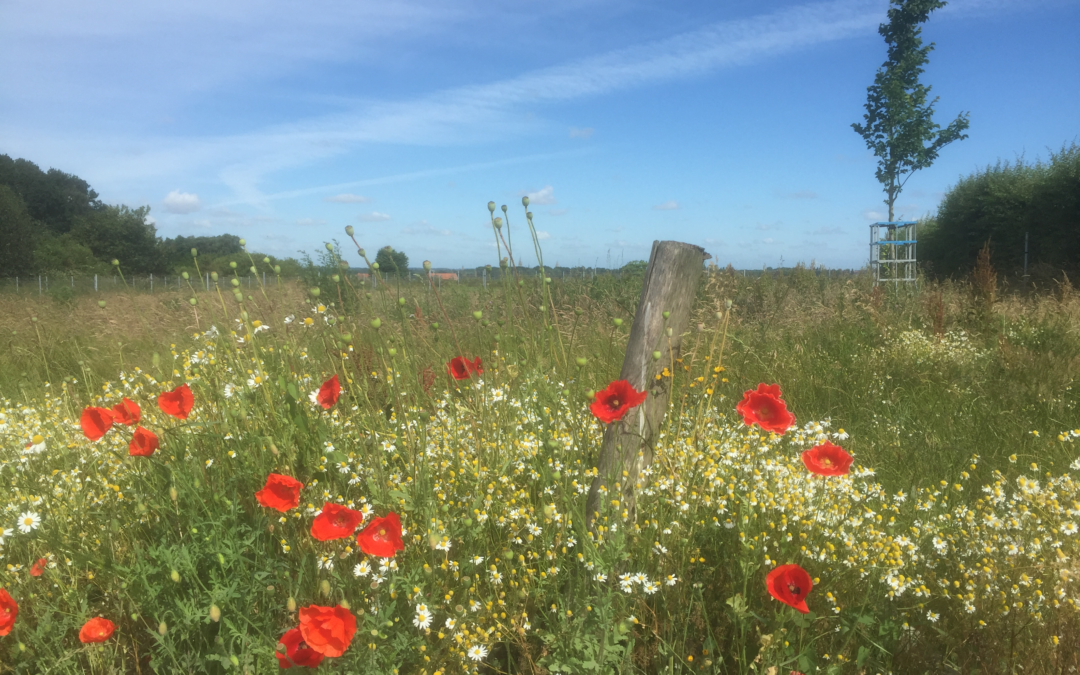It was just like any other dark, miserable January night for the soldiers on patrol. They were deployed on operations to support the police in keeping the peace in Northern Ireland and their patrol consisted of two armoured Land Rovers. Hunkered down in the back, they were probably discussing everything and nothing, just trying to stay as warm and dry as possible until they got back to base for a hot shower and something to eat.
I was sitting in the relative comfort of the Operations Room, just listening to the intermittent radio transmissions from the patrols out on the ground, and idly chatting to the watch officer and radio operators. Well, it is what a Padre in the army does. I remember I was contemplating dinner, wondering what the chefs might be preparing for us upstairs when the quietness was shattered by the very urgent, breathless young voice of the patrol’s commander: “Road traffic accident, three confirmed dead.”
Stewart, Steven and William met their maker that night and left behind grieving families – mothers and fathers, brothers and sisters, a wife and 11-year old daughter…
Prior to that night, I was quietly questioning whether Remembrance for a war, at that point already 70 years previous, was still something to be given much emphasis. That night, in that brief moment of time, Remembrance took on a completely new meaning for me – it became personal, and current … contemporary … relevant! Those lives lost in every conflict in the service of our nations and our freedoms ought never to be forgotten.
The First World War changed many things, and not least because of the work of one man, Fabian Ware. Having been told he was too old to fight, he decided he would go to the trenches anyway and started recording the names of those who had been killed. Through his diligence, and for the first time ever, every single soldier who died would have their own individual grave with their name on their own headstone. If they could not be identified or were lost in the muddy quagmire of the trenches, their names would be carved in the stone of a memorial to the missing at Thiepval, Ulster Tower, Menin Gate, and Tyne Cot Cemetery amongst many others. Those graves and memorials are maintained and added to by the Commonwealth War Graves Commission, which grew out of Fabian Ware’s pioneering work.
On Armistice Day, 11th November, and on Remembrance Sunday, 12th November this year, if we choose to pause for a minute’s silence, we are not only giving thanks for that Great War generation who stood against a land-grabbing, empire-building aggressor – Germany – but also remembering that the ‘war to end all wars’ didn’t do that. So, we ought also to remember those whose lives were changed in numerous conflicts over these past 100 years. The 2nd World War, Aden, Suez, Korea, Vietnam; the liberations of the Falklands and Kuwait; stopping the genocide and ethnic cleansing in Bosnia and Kosovo, Iraq, Sierra Leone, and Afghanistan; and, of course, not forgetting over 37 years of operational support to the RUC and PSNI in the NI Troubles. Perhaps we might also silently stand in thoughtful acknowledgement of Ukraine as it continues to battle against another land-grabbing aggressor. We remember its displaced refugees, those families who have tried to eke out an existence in the basements of bombarded towns and cities, the soldiers fighting for their freedom, and even their and our enemies as Jesus taught us in Matthew 5:44. And, even as I write this, Israel and Gaza have burst into our headlines with a horrific carnage and death toll.
The idea behind the challenge of Matthew 5:44 is to see Christ’s followers characterised by love, forgiveness, and compassion even towards those who would harm or mistreat us. We are being challenged and encouraged to go beyond our natural (fallen) inclinations for revenge or hatred and instead to respond with kindness and prayer. So we turn the other cheek, give away our coat as well, go the second mile (Matt. 5:39-41), and pray for God’s grace to influence our enemies’ lives.
As Christians this Remembrance season, let us also remember with thanksgiving the gracious God whom we serve, who gave us his only Son, who freely gave His own life in our place, in order that we might have hope in this otherwise hopeless world. We will remember them – we will remember Him!
This is the second of two …PS…blogs on the subject of REMEMBRANCE and REMEMBRANCE SUNDAY. Click here to read the first.
Please note that the statements and views expressed in this article of those of the author and do not necessarily represent those of Contemporary Christianity.


Thank you Norman
I trust our blogs complement each other and do not conflict.
Thank you John. I don’t see a conflict, rather I think they come to the same focus on Christ from different starting pointings.